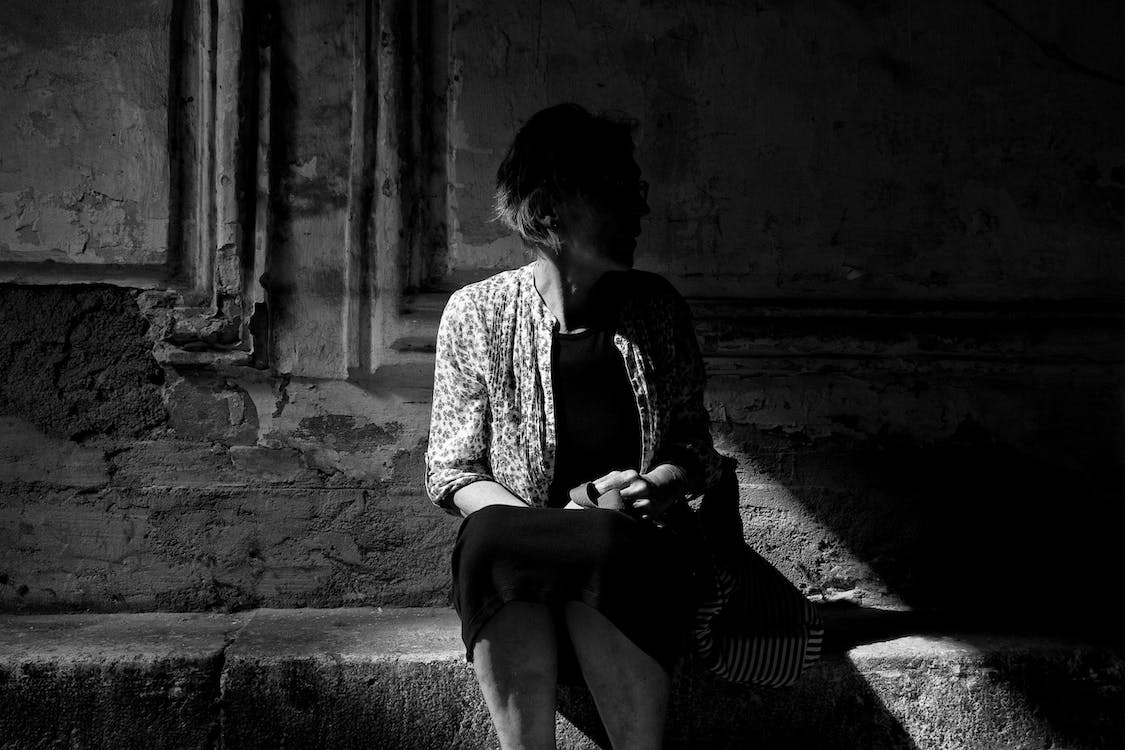For far too long, the dark cloud of stigma and bias has loomed over those grappling with drug dependencies. The echoes of societal whispers, judgmental glances, and unsolicited advice can sometimes drown out the earnest cries for understanding and support. Yet, as someone who witnesses the daily struggles and triumphs of individuals seeking a better life, I can testify to the transformative power of advocacy.
You see, misconceptions about drug dependencies are not just mere opinions; they build walls. Walls that keep individuals isolated in their pain, discouraging them from seeking the help they desperately need. But imagine if these walls were dismantled, brick by brick, with the hammer of advocacy. When we, as a society, choose to champion the cause of those affected, we don’t just break barriers; we rewrite narratives.
Our beautiful nation, South Africa, with its rich tapestry of cultures and histories, is no stranger to the scars of biases. But it also knows the healing touch of unity and advocacy. As South Africans, we’ve rewritten our story time and time again, and in the realm of addiction recovery, we must do the same. For every person you know battling drug dependency, there’s an opportunity to advocate for understanding, to promote empathy, and to kindle hope.
Behind each individual’s struggle lies a unique story, a myriad of experiences that culminated in their current situation. It’s crucial to approach these stories with an open heart and a listening ear. Instead of shaming, let’s aim for understanding. Instead of isolating, let’s draw them closer. And instead of condemning, let’s uplift.
There’s a powerful Zulu proverb that says, “Umuntu ngumuntu ngabantu,” which means, “A person is a person because of people.” It serves as a poignant reminder of our interconnectedness and our shared humanity. The journey towards recovery is undeniably challenging, but with the collective force of our advocacy, we can light the path for those in the dark.
To those reading this and feeling the weight of drug dependency, I want to say this to you: Your story doesn’t end here. Just as the majestic Drakensberg mountains have witnessed countless sunrises, symbolizing hope and new beginnings, your life too holds the promise of brighter days. Professional rehab centers, like Changes Rehab, offer a sanctuary where understanding meets expertise, and where tailored therapies intersect with heartfelt support.
The journey of advocacy in dismantling the heavy stigma and bias against those with drug dependencies is multifaceted and deeply significant. Advocacy isn’t merely about speaking out; it’s about creating a ripple effect of change that starts with one voice and echoes throughout a community, a society, and eventually, a nation.
You might wonder, why is advocacy so essential in this context? Well, to truly grasp its power, you must first understand the heavy burden of stigma. Imagine being trapped, not only by the chains of dependency but also by society’s misconceptions and biases. This dual entrapment intensifies feelings of guilt, shame, and isolation. For many individuals, the weight of external judgment becomes a barrier to seeking help. But this is where advocacy can be a beacon of hope.
Through active advocacy, we can challenge and correct misconceptions. For instance, many assume that drug dependency is a mere matter of weak willpower. Yet, as science has shown, and as you may personally know, it is a complex interplay of biological, environmental, and psychological factors. When people recognize this, the narrative shifts from blame to understanding.
Your voice, your stories, and your experiences can be instrumental in fostering a sense of community and belonging. Remember, every conversation you engage in, every myth you debunk, and every hand you extend in support plays a role in reframing society’s perspective. By sharing personal testimonies, whether your own or those of others, you can paint a more authentic picture of the struggles and triumphs associated with drug dependency.
Consider the numerous platforms available to you
From community group discussions to social media, opportunities abound for you to advocate for understanding and change. And as you raise awareness, you’re also laying a foundation of hope for countless others. Your advocacy becomes a bridge connecting those battling drug dependency with resources, support networks, and professional institutions like Changes Rehab that understand the intricate nuances of their journey.
Fostering a culture of empathy and support at a grassroots level is invaluable. In communities across South Africa, local initiatives can be catalysts for change. By educating, volunteering, or even just lending an ear, you’re contributing to a larger movement, one that not only breaks down the walls of stigma but also builds bridges of hope and recovery.
From a counselling perspective, you might recognize the impact that societal biases have on an individual’s psyche. These biases, often rooted in misunderstanding and ignorance, can exacerbate feelings of guilt, shame, and isolation in those seeking help. For many, societal judgment becomes another hurdle, and at times, it may even overshadow the primary struggle of addiction itself. Therefore, as a counsellor, understanding the importance of advocacy offers you a broader toolset, enabling you to address not just the addiction but also the mental and emotional wounds inflicted by societal perceptions.
For you, as a counsellor, these stories can be invaluable. They offer insight into the multifaceted journey of recovery, allowing you to cater to the needs of your clients better. By incorporating these narratives into counselling sessions, you can provide reassurance, showcase real-life examples of recovery, and further challenge any internalized biases the individual may have absorbed from society.
Furthermore, the articles touch upon the role of community and local initiatives in dismantling stigma. In your counselling practice, leveraging community resources and networks can enhance the support system available to your clients. Encouraging participation in local advocacy events, for instance, can empower your clients, giving them a sense of purpose and belonging.
In summary, advocacy’s role in breaking the stigma and bias against those with drug dependencies is profound. As a counsellor, embracing the ethos of advocacy allows you to offer holistic support, addressing both the addiction itself and the societal barriers that compound it. In the words of Mahatma Gandhi: “You must be the change you wish to see in the world.” Your role, both as an advocate and a counsellor, exemplifies this sentiment, underscoring the transformative power of understanding, empathy, and action.

